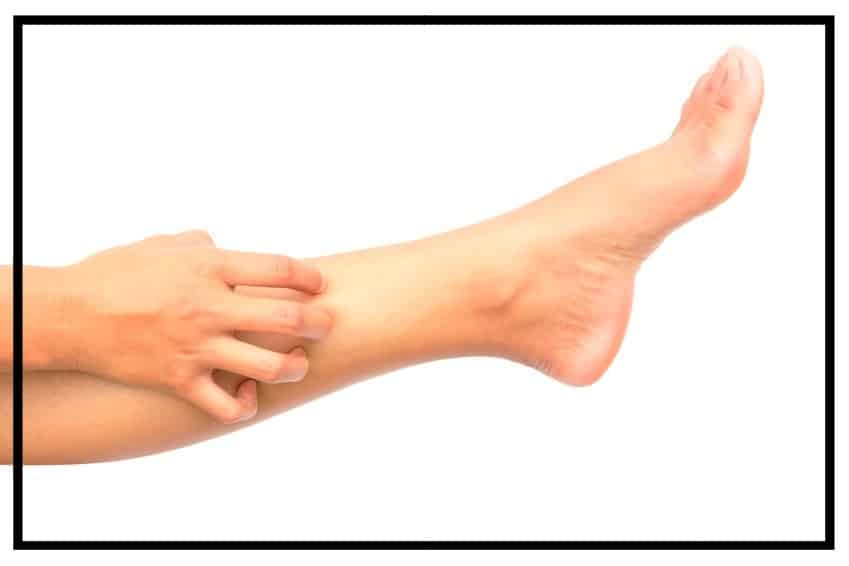Why Do Varicose Veins Itch?

Is there anything worse than itchy varicose veins? Maybe, but itchy veins remains high on the list of issues we would love to resolve before they drive us crazy. If you are experiencing itching around your varicose veins, it could be a message from your body that it is time to have your veins checked out to make sure that they are not just a cosmetic problem.
Why do I have itchy veins?
Well, technically speaking, the varicose vein in the leg doesn't itch. Only skin and some mucosal tissue (think of the delicate skin on the inside of the eye, inside the nose and mouth, etc.) have the free nerve endings that register the sensation of itching. However, one of our patients' common complaint is that they have itchy veins, itchy varicose veins, or itching legs. This may occur while lying down, sitting, or standing; it really doesn't matter the positioning sometimes and can be terribly frustrating.
While there are a number of theories about what exactly happens in the body when you are feeling itchy, it relates to the fact that the nerve fibers are being exposed to substances such as histamine and enzymes. These are substances that your body releases when it is injured; they create inflammation.
Bulging veins put stress on the surrounding tissue. As a result, the skin becomes stretched and thinner. Sometimes there are small tears. As well, compromised vein walls might leak into the surrounding tissue, creating more pressure on nerve endings. When blood circulation in the area is decreased, the surrounding skin is more likely to become dry, increasing the tendency for itch.
Seek help for itchy varicose veins
If you have itchy varicose veins, it could be an indication that you should have your veins checked out by our board certified vein specialist to ensure that you are not in danger of Chronic Venous Insufficiency, Deep Vein Thrombosis (DVT), or leg ulcers.
Avoid the urge to scratch your "itchy veins"
Because the skin around varicose veins is weakened, it is more likely to be damaged by traumas, like scratching. And, because blood circulation is often compromised in the area of varicose veins, healing happens more slowly than it does in other parts of the body. And since histamine is released in response to trauma, well, scratching might only make the itching worse.
What else can you do for itching legs?
Start by practicing good varicose vein care.
- Don’t sit or stand for too long.
- Keep moving.
- Walking is great because when the lower leg muscles are mobilized, they help to squeeze blood through the circulatory system.
- When you rest, elevate your legs to give them a chance to drain any blood pooling in veins. Use prescription compression socks according to the instructions of a vein specialist.
- Generally, take good care of yourself.
- Eat nutritious food, get adequate sleep, and breathe deeply.
These tips will feed all the tissues of your body, and will contribute to overall health and healing, and will assist in preventing the itchy veins!
